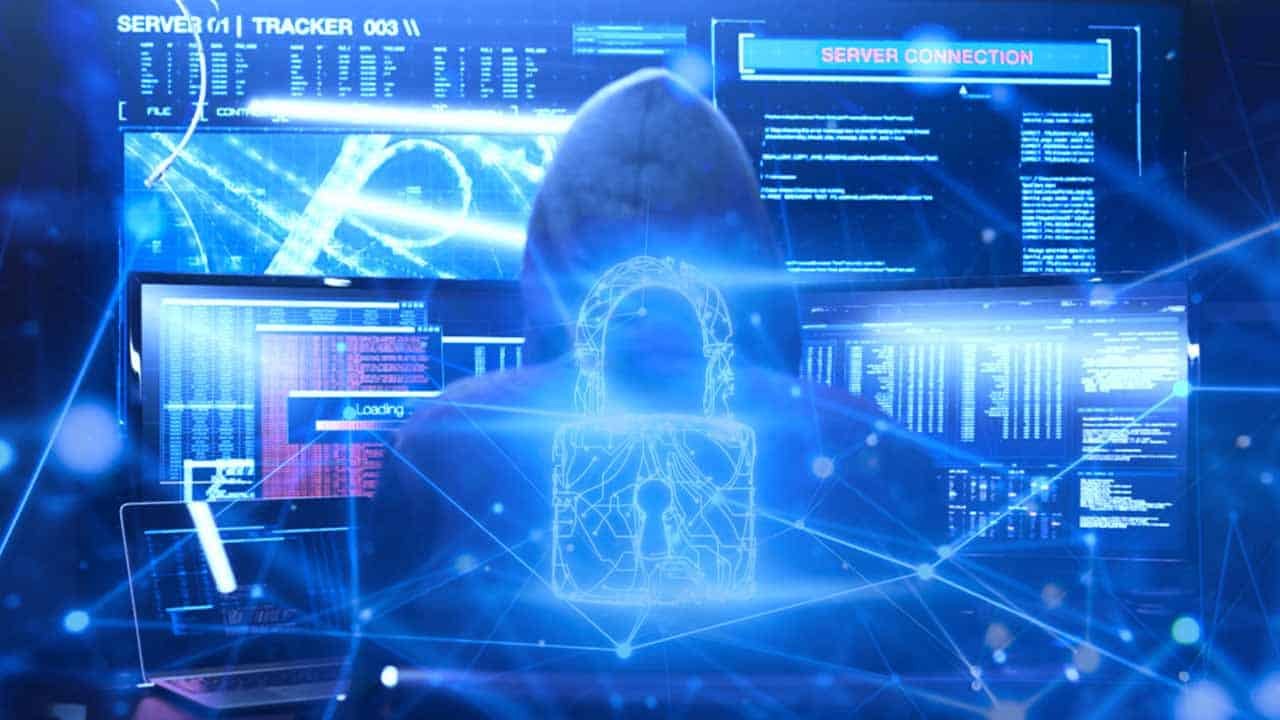To become a successful ethical hacker, certain technical skills, knowledge, and soft skills are essential. Ethical hackers, or white-hat hackers, use their expertise to identify and fix security vulnerabilities in systems, networks, and applications. Below are the key skills ethical hackers need to master:
1. Networking Knowledge
-
TCP/IP Protocols: Understanding how the Transmission Control Protocol (TCP) and Internet Protocol (IP) work is crucial for ethical hackers. These protocols govern how data travels over networks.
-
DNS, DHCP, HTTP/HTTPS: Ethical hackers must understand how protocols like DNS (Domain Name System), DHCP (Dynamic Host Configuration Protocol), and HTTP/HTTPS work, as they are often targeted in attacks.
- Subnetting: The ability to divide a network into smaller subnetworks is critical for managing and securing networks.
- Routers and Switches: Knowledge of network devices such as routers, switches, and firewalls helps ethical hackers secure network traffic and identify potential security gaps.
2. Proficiency in Operating Systems
-
Linux/Unix: Many ethical hacking tools and penetration testing software are designed for Linux/Unix-based systems. Proficiency in Linux is essential, as it’s commonly used in security research.
-
Windows: A strong understanding of Windows operating systems is also crucial, as many corporate environments use Windows servers and desktops.
- MacOS: Although less targeted by attackers, MacOS has its own security features and vulnerabilities that ethical hackers should understand.
- Command-Line Tools: Ethical hackers must be comfortable with command-line interfaces (CLI) in various operating systems for tasks such as navigating file systems, executing scripts, and managing network interfaces.
Visit here- Ethical Hacking Classes in Pune
3. Programming and Scripting
-
Python: Python is a versatile scripting language widely used for automation, penetration testing, and exploiting vulnerabilities. Ethical hackers use Python to create custom scripts for scanning, vulnerability detection, and exploit development.
-
C/C++: These languages are essential for understanding system-level vulnerabilities such as buffer overflows, memory corruption, and other exploits that affect low-level system processes.
- JavaScript: Knowledge of JavaScript is critical for testing web applications, especially for identifying and exploiting vulnerabilities like cross-site scripting (XSS).
- SQL: Understanding SQL (Structured Query Language) is crucial for detecting and exploiting SQL injection vulnerabilities in databases.
- Bash/PowerShell: Proficiency in scripting languages like Bash (Linux) and PowerShell (Windows) is essential for automating penetration tests and creating custom tools.
4. Web Application Security
-
Web Protocols: An ethical hacker should have a deep understanding of how web protocols like HTTP/HTTPS, FTP, and SMTP work, as many attacks target web applications.
-
OWASP Top 10: Familiarity with the OWASP (Open Web Application Security Project) Top 10 is vital. It lists the most critical web application security risks (e.g., SQL Injection, Cross-Site Scripting (XSS), Broken Authentication, etc.).
- Web Application Security Tools: Knowledge of tools like Burp Suite, OWASP ZAP, and Nikto is essential for identifying and exploiting vulnerabilities in web applications.
5. Penetration Testing Techniques
-
Footprinting: Ethical hackers need to gather information about a target system, network, or organization (referred to as "footprinting") to plan an attack.
-
Vulnerability Scanning: Knowledge of tools like Nessus, OpenVAS, or Qualys for vulnerability scanning and identifying weaknesses in a network.
- Exploitation: Understanding how to exploit vulnerabilities once they are identified. This includes using tools like Metasploit, SQLmap, or custom exploits.
- Post-Exploitation: Ethical hackers must know how to maintain access to a compromised system and escalate privileges after successfully gaining access.
Visit here- Ethical Hacking Course in Pune
6. Cryptography
-
Encryption & Decryption: Understanding basic cryptography concepts like symmetric and asymmetric encryption, public key infrastructure (PKI), and digital signatures is critical to understanding data protection and privacy.
-
Hashing: Ethical hackers must know how hashing algorithms like MD5, SHA, and bcrypt work to identify and exploit weaknesses in password storage and data integrity.
- SSL/TLS: A strong understanding of SSL/TLS protocols is essential, especially for securing web traffic and detecting vulnerabilities in secure communications.
7. Network Security
-
Firewalls: Understanding how firewalls work and how to bypass them during penetration tests.
- Intrusion Detection and Prevention Systems (IDS/IPS): Knowledge of tools like Snort and Suricata to detect and prevent potential attacks.
- VPNs and Proxies: Ethical hackers should know how Virtual Private Networks (VPNs) and proxies work, as these are common tools used by both attackers and defenders to secure communication.
- Wi-Fi Security: Knowledge of WEP, WPA, and WPA2 encryption methods for securing wireless networks.
8. Social Engineering Awareness
- Phishing: Understanding techniques used in phishing attacks (email, SMS, voice phishing) to trick users into revealing sensitive information like passwords and credit card numbers.
- Pretexting & Impersonation: Ethical hackers should be aware of tactics like pretexting, where attackers create a fabricated scenario to gain confidential information.
- Physical Security: Social engineering isn't limited to digital means. Ethical hackers must also be able to assess physical security and determine vulnerabilities (e.g., unauthorized access to server rooms or data centers).
Visit here- Ethical Hacking Training in Pune


